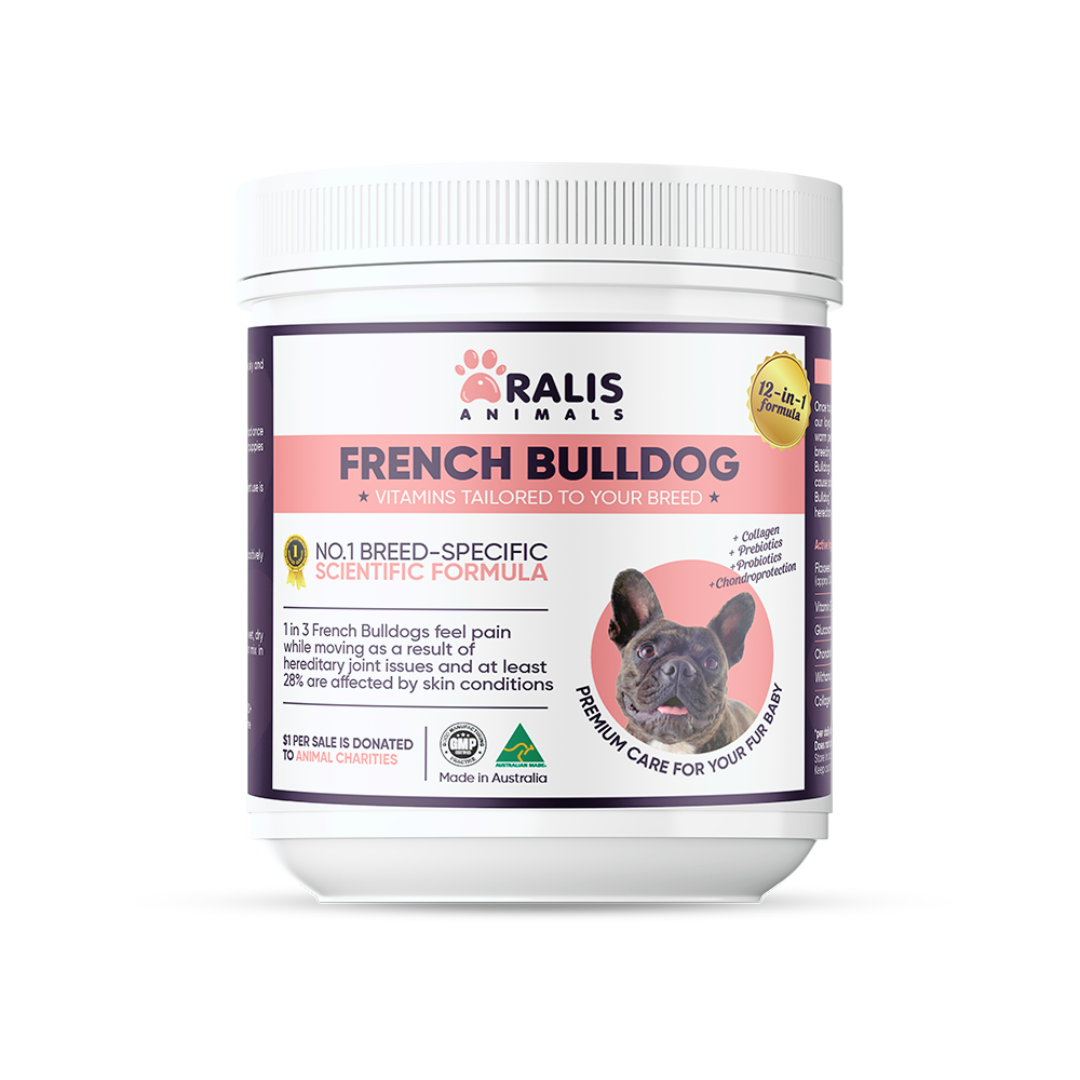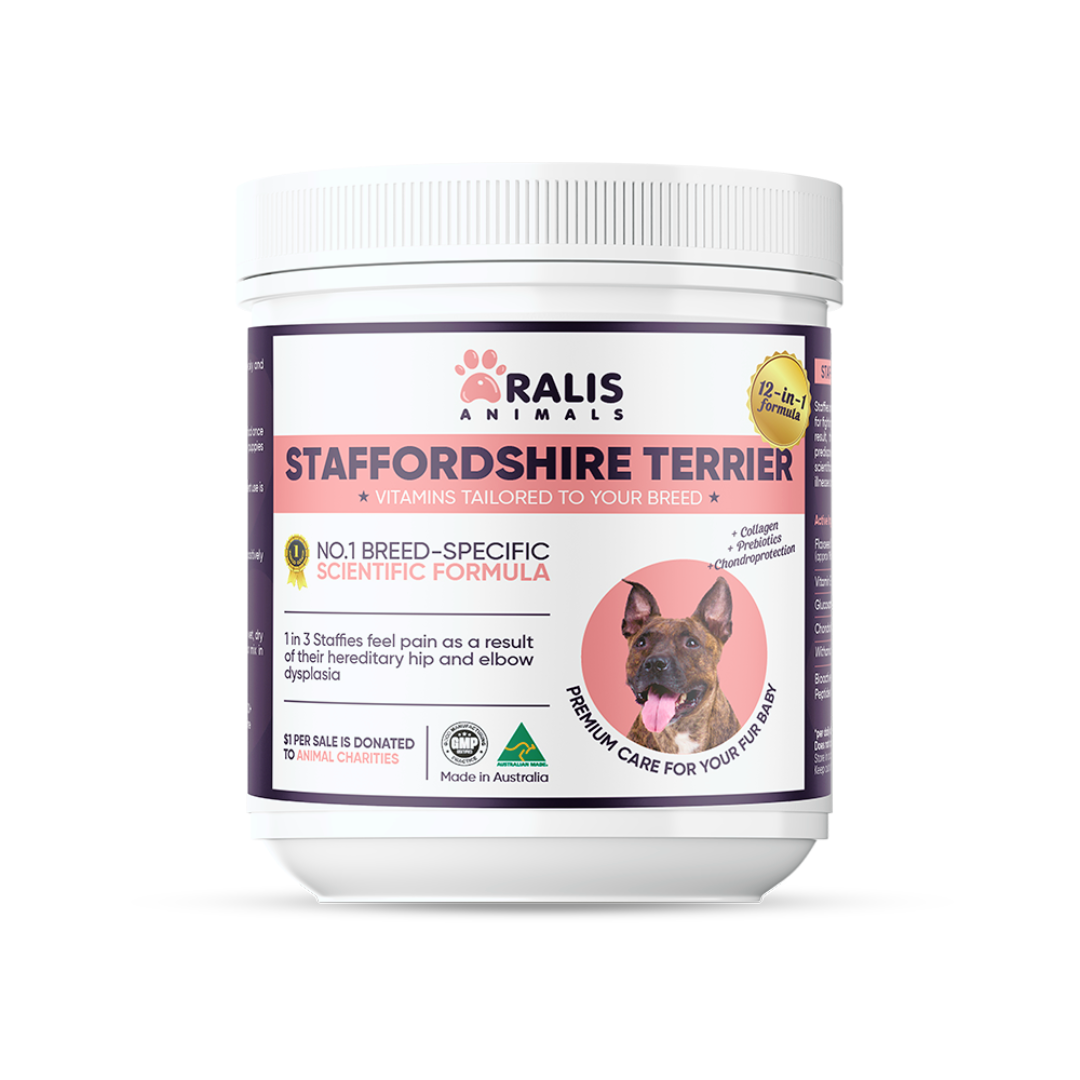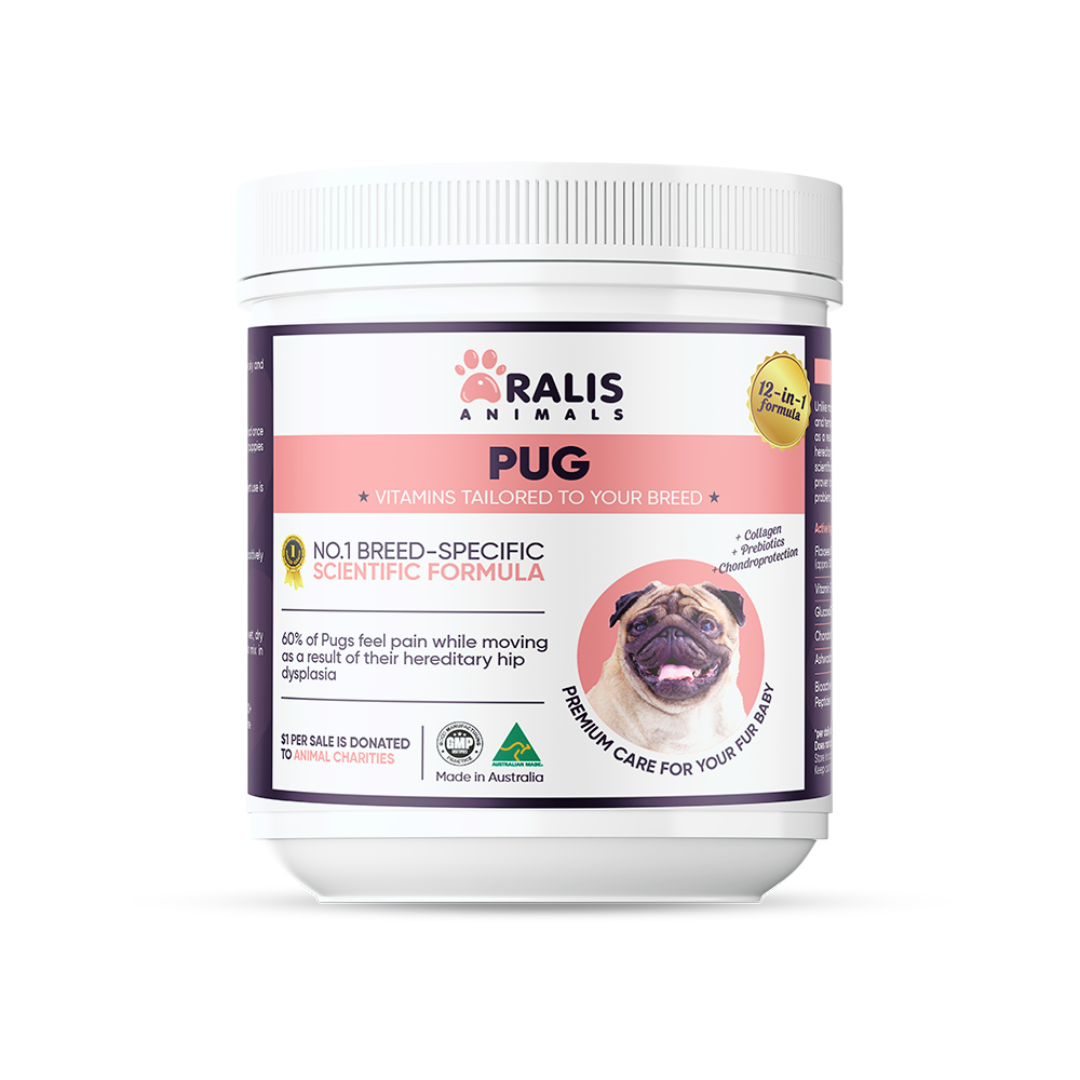How Prebiotics and Probiotics Work Together to Boost Your Dog’s Immune System

As pet owners, we all want our furry companions to thrive and enjoy vibrant health. One crucial aspect of canine wellness that often goes overlooked is the delicate balance of the gut microbiome. This intricate ecosystem of beneficial bacteria and other microorganisms plays a pivotal role in supporting your dog's immune system, and the dynamic duo of prebiotics and probiotics are the key to unlocking this potential.
Understanding Prebiotics and Probiotics
Prebiotics and probiotics may sound like scientific jargon, but they are actually quite simple to understand. Prebiotics are specialized plant fibers that act as food for the beneficial bacteria in your dog's gut. These fibers, such as inulin and oligosaccharides, help nourish and promote the growth of probiotic strains, creating an ideal environment for them to thrive.
Probiotics, on the other hand, are the live microorganisms themselves, the "good" bacteria that reside in your dog's digestive tract. These beneficial bacteria, such as Lactobacillus and Bifidobacterium, play a crucial role in maintaining a healthy gut and supporting various bodily functions, including immune system regulation.
How Prebiotics and Probiotics Support Canine Immune System
The gut microbiome and the immune system are intricately connected, and the synergistic effects of prebiotics and probiotics are key to this relationship. When the gut is populated with a diverse and balanced array of beneficial bacteria, it creates an environment that is primed to support a robust and well-functioning immune system.
Prebiotics act as fuel for the probiotics, enabling them to multiply and thrive. This, in turn, strengthens the gut's protective barrier, preventing the invasion of harmful pathogens and toxins. Probiotics also directly interact with the immune cells, helping to modulate their response and maintain a delicate balance between inflammation and immune tolerance.
Furthermore, the metabolites produced by probiotics, such as short-chain fatty acids, have been shown to enhance the activity and function of various immune cells, including T cells and natural killer cells. This helps to bolster your dog's overall immune defenses, making them better equipped to fight off infections and maintain optimal health.
The Benefits of Prebiotics and Probiotics for Dogs
The benefits of incorporating prebiotics and probiotics into your dog's diet extend far beyond just immune system support. These dynamic duo can also:
- Improve Digestive Health: Prebiotics and probiotics work together to promote healthy digestion, reduce the risk of gastrointestinal issues, and alleviate symptoms of conditions like diarrhea, constipation, and inflammatory bowel disease.
- Enhance Nutrient Absorption: By maintaining a balanced gut microbiome, prebiotics and probiotics can enhance your dog's ability to absorb essential nutrients from their diet, supporting overall health and vitality.
- Reduce Allergic Reactions: Probiotics have been shown to modulate the immune system, which can help mitigate the severity of allergic reactions and sensitivities in dogs.
- Support Skin and Coat Health: The gut-skin axis is a well-established connection, and the beneficial effects of prebiotics and probiotics can translate to improved skin and coat condition in your canine companion.
Choosing the Right Prebiotics and Probiotics
When it comes to selecting the right prebiotics and probiotics for your dog, there are a few key factors to consider. Look for high-quality, species-specific supplements that contain a diverse array of probiotic strains, as well as prebiotic fibers that are tailored to your dog's needs.
It's also important to pay attention to the recommended dosages and follow the instructions on the product label. Introducing prebiotics and probiotics gradually can help your dog's gut microbiome adapt and minimize any potential side effects, such as temporary digestive discomfort.
At Aralis Animals, our breed-specific probiotic formulas combine beneficial strains like Lactobacillus and Bifidobacterium with prebiotic fibers such as chicory root. This tailored approach supports digestion, reduces allergy-related inflammation, and strengthens the immune system from the inside out. Click here to explore our supplements.
Potential Challenges and Considerations
While prebiotics and probiotics are generally safe and well-tolerated by dogs, there are a few potential challenges to be aware of. Some dogs may experience mild gastrointestinal symptoms, such as increased gas or loose stools, when first starting a probiotic regimen. These side effects are usually temporary and should subside as the gut microbiome adjusts.
It's also important to consult with your veterinarian, especially if your dog has any underlying health conditions or is taking medication. They can provide guidance on the appropriate prebiotics and probiotics, as well as the optimal dosage for your individual pet.
Conclusion
Maintaining a healthy gut microbiome is essential for your dog's overall well-being, and the dynamic duo of prebiotics and probiotics are the key to unlocking this potential. By supporting your canine companion's immune system, digestive health, and overall vitality, you can help them thrive and enjoy a long, happy life by your side.
So, why not start your dog on the path to optimal health today? Incorporate high-quality prebiotics and probiotics into their diet and watch as they unleash their inner immune power, ready to take on the world (or at least the neighborhood) with boundless energy and vibrant health.





